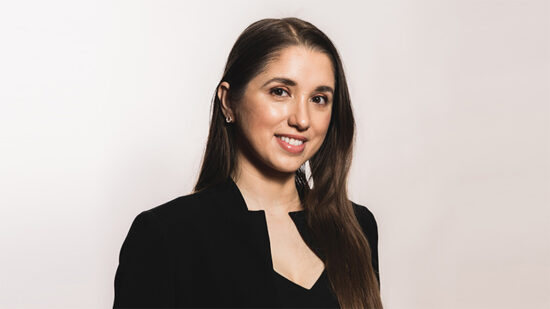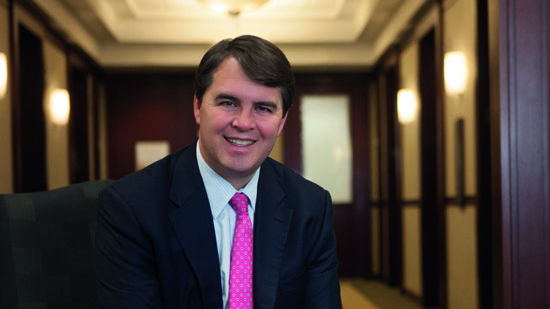According to November’s BofA Merrill Lynch Fund Manager Survey a record net 16% of global fund managers said they were taking above-normal levels of risk in their investments.
This was highlighted by the fact average cash balances fell from 4.7% in October to 4.4% this month, which is the lowest level since October 2013.
By way of contrast, in October last year the average cash balance held by global fund managers was 5.7%, while the 10-year average is 4.5%.
So, what has been driving this need to put cash to work, despite the fact a record high net 48% of the same investors currently think equities look overvalued?
Only human after all
According to Adrian Lowcock, investment director at Architas, it is perhaps not best to look at average cash positions. He has looked at some IA sectors and notes there are some managers who have been “aggressively” increasing their cash exposure.
“The issue with cash weighting is that they act as a drag in strongly performing equity markets, even more so in the current low interest rate climate,” he says.
“This contradictory stance – of reducing cash even though the manager believes equity markets are expensive – can be driven by human behaviour. If a manager sits out of a market rally, the longer it goes on the more concerned they became they have missed out and eventually they capitulate on their view and invest.”
Chris Metcalfe, founder of IBOSS, notes that career risk may be playing a part behind the decision to cut cash, especially for US managers and those managers who don’t work for investment boutiques.
“It’s easier for managers who run money for groups they founded to be long-term as the only pressure they are put under to perform is from themselves,” he says. “However those who work for large asset managers are under more pressure to perform in the short term and as a result they often end up chasing performance.”
A ‘contrarian’ cash builder?
Metcalfe, as founder of IBOSS and manager of its model portfolios and Oeics, is one manager who is not cutting his cash weighting. In fact he has explicitly been building his cash position.
“We currently have an allocation of 10% to money market funds in our medium-risk mandate which is the highest weighting for some time,” he says. “Unlike our peers we will not be reducing it unless the equity and bond markets fall, or the economic position improves beyond all recognition.”
Indeed on top of his position in money market funds, Metcalfe says he has further cash holdings via the holding the F&C Property Fund, which has about 15% held in cash, and Alastair Mundy’s Investec Cautious Managed Fund which currently has about 13% in cash.
“The fact that cash is dismissed by many as an asset class doesn’t make it any less of one in our opinion,” he says. “Right now everyone seems to be worried about the direction of markets but no-one can see what the catalyst for them to go down will be. On top of this bonds look terrible value, so in their place we would rather hold cash.”
For Lowcock, the average cash balance held by a fund also doesn’t really tell you that much.
“Many managers will run on the view of being fully invested and there are areas such as Japan, Europe, Asia and emerging markets where markets are not significantly expensive and offer value,” he says.
“We agree that markets are not cheap, but in a world of synchronised global earnings growth, growth could be the driver that reduces the valuation not a large correction.”







